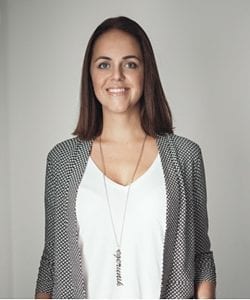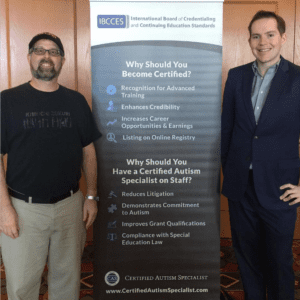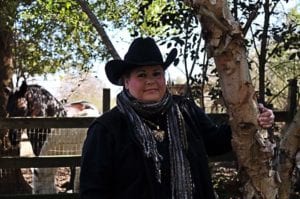Creative Ideas To Offer Better Visual Support For Neuro-Diverse Children
By Guest Contributor Evan Brown
Leveraging visual support for neuro-divergent children entail using a visual item, such as a picture card or mood boards, to communicate with a child who exhibits a shortcoming in using or has difficulty understanding language. Visual supports can be in the form of lists, written words, objects, drawings and photographs. Ample research stands as evidence that visual supports provide one of the best communication mediums for children with developmental disorders. When employed for children on the autism spectrum, a visual support serves two main purposes: helping the child communicate with those around them, and aiding parents in communicating better with their child.
JUN


 By Donna Sigurðardóttir, founder of I am UNIK
By Donna Sigurðardóttir, founder of I am UNIK By Kerry Magro, Self-Advocate, National Speaker, and Author
By Kerry Magro, Self-Advocate, National Speaker, and Author When I first met Stephen it was at an Autism Society of America conference. He immediately befriended me and wanted to get to know me better. After our first meeting I’d go on to read several of his books and later would be able to contribute a chapter to a book he co-authored called
When I first met Stephen it was at an Autism Society of America conference. He immediately befriended me and wanted to get to know me better. After our first meeting I’d go on to read several of his books and later would be able to contribute a chapter to a book he co-authored called  By Anita Lesko, BSN, RN, MS, CRNA
By Anita Lesko, BSN, RN, MS, CRNA  By Carol S. Weinman, Esq., Autism Legal Specialist
By Carol S. Weinman, Esq., Autism Legal Specialist![Elayne_And_Heidi_In_White_Touched-up[1]](https://www.certifiedautismspecialist.com/wp-content/uploads/2017/03/Elayne_And_Heidi_In_White_Touched-up1-232x300.jpg) By Elayne Pearson, CAS,
By Elayne Pearson, CAS, 